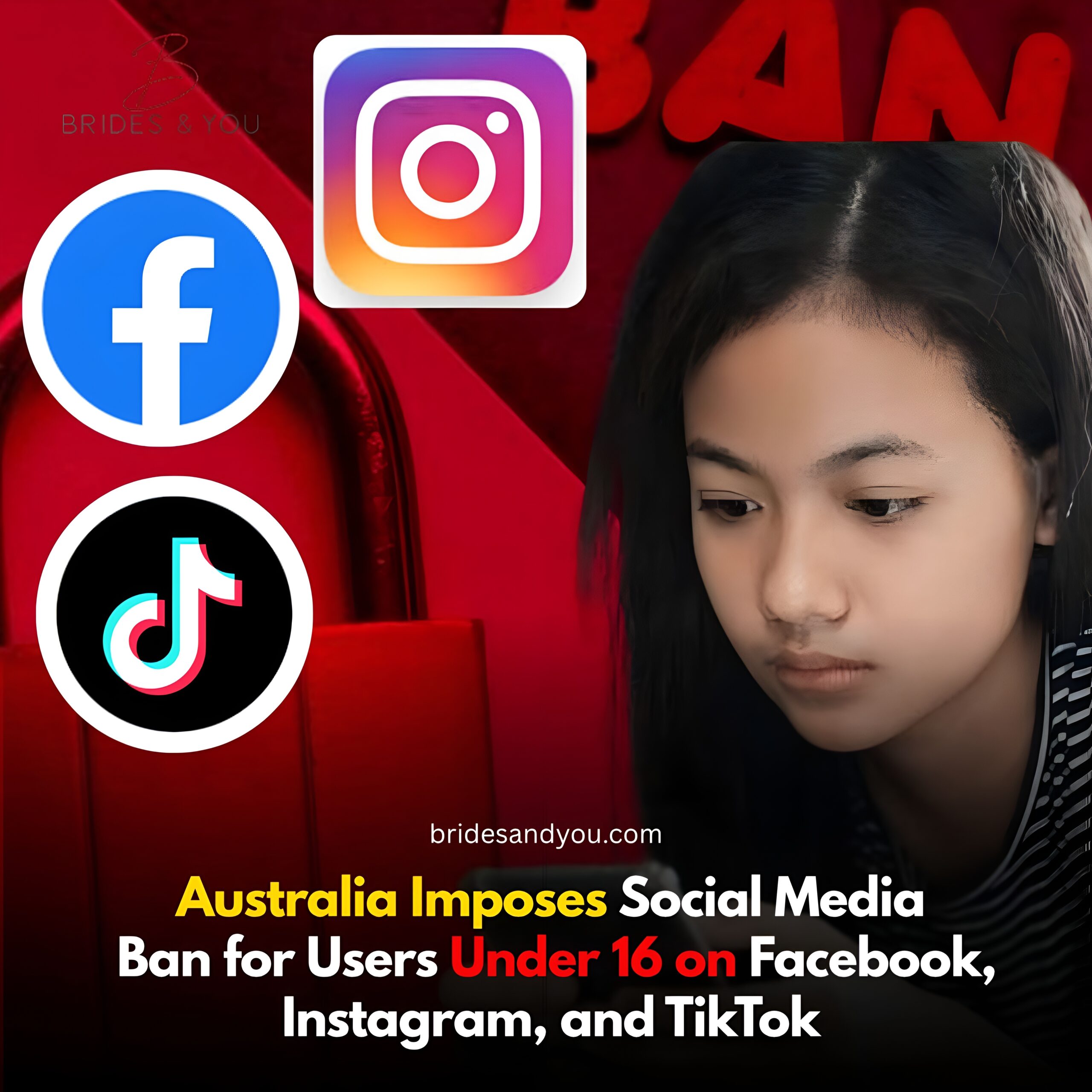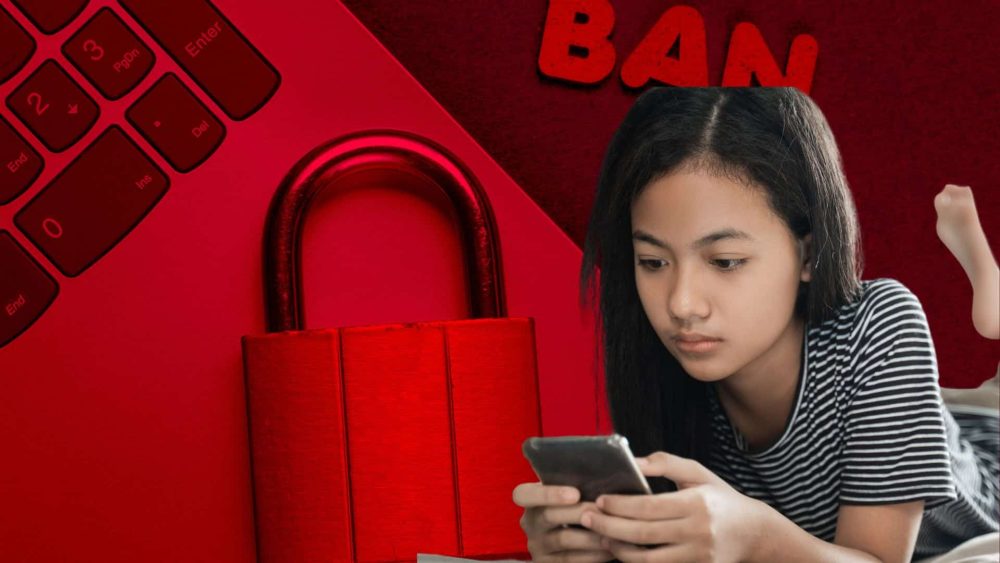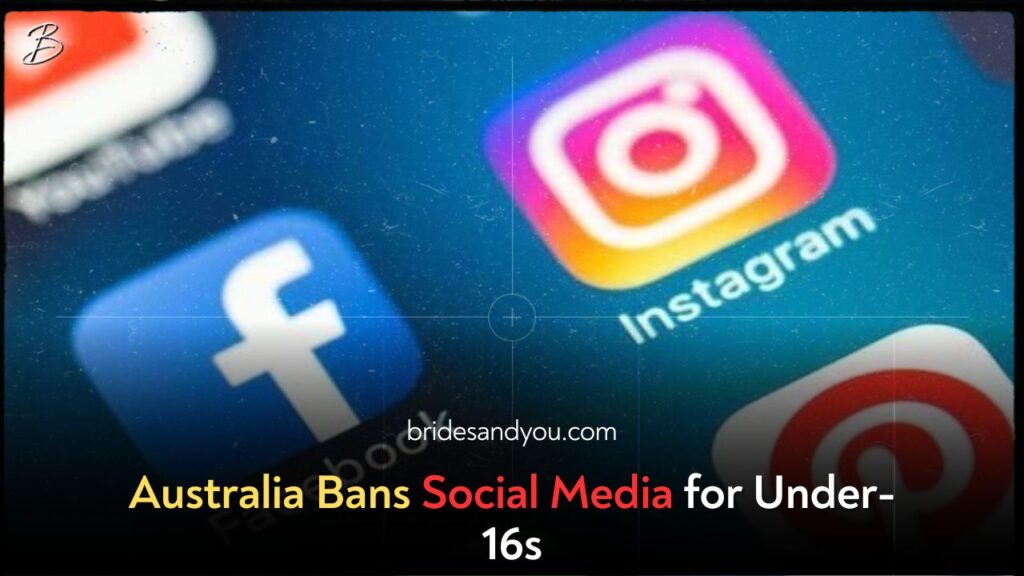Now Reading: Facebook, Instagram, and TikTok Ban in Australia: A Major Step Toward Online Safety
-
01
Facebook, Instagram, and TikTok Ban in Australia: A Major Step Toward Online Safety
Facebook, Instagram, and TikTok Ban in Australia: A Major Step Toward Online Safety

Australia has taken a bold move to safeguard young internet users by officially enforcing a ban on Facebook, Instagram, and TikTok for users under 16 years old. The law, set to take effect on December 10, will make Australia one of the few countries in the world to set such a strict age limit for social media use.
While the decision aims to protect minors from online harm, it has sparked a global conversation about privacy, freedom, and the practicality of enforcing such a rule.

Why Australia Is Banning Social Media for Users Under 16
The main goal of this new legislation is to protect children from online risks, including cyberbullying, exposure to harmful content, and privacy breaches. Australian authorities believe that young users are especially vulnerable to the negative side effects of social media use, such as mental health issues, anxiety, and unrealistic self-image pressures.
By removing underage users, the government hopes to create a safer digital environment. However, industry experts argue that the move, while well-intentioned, could lead to unintended consequences such as pushing young people to unsafe or unregulated online spaces.
Meta and TikTok’s Response to the Age Restriction
Tech giants Meta (which owns Facebook and Instagram) and TikTok have agreed to comply with the law. However, both companies have openly discussed the difficulties of enforcing such an age restriction.
TikTok’s Australia policy lead, Ella Woods-Joyce, stated that while TikTok respects the new regulation, it could push teens toward riskier online platforms where safety measures are weaker. She added that the platform will work closely with the government but hopes to find a balance between compliance and child protection.
Meta’s policy director, Mia Garlick, shared similar concerns. She mentioned that Meta plans to remove hundreds of thousands of underage accounts before the December deadline but admitted that age detection remains a major technical challenge. Many users create accounts using fake birthdays, making accurate age verification almost impossible without invading privacy.
Huge Fines for Non-Compliance
Under the new law, any social media company that fails to meet the age restriction could face penalties of up to $32 million. This significant fine emphasizes how serious the Australian government is about protecting minors online.
Platforms are not required to verify every single user’s age, but they must take “reasonable steps” to identify and remove underage users. This vague requirement has raised questions about what counts as “reasonable” and whether smaller companies can afford the necessary technology to comply.
YouTube and Other Platforms Also Affected
The ban will not only apply to Facebook, Instagram, and TikTok. Other popular apps such as YouTube, WhatsApp, Twitch, and Roblox may also fall under the same restrictions once final details are confirmed.
YouTube’s local representative, Rachel Lord, acknowledged that while the policy aims to make the internet safer, it may not be effective in achieving its purpose. She explained that simply banning access does not necessarily stop teenagers from finding ways around the rule, such as using VPNs or fake identities.
Challenges Ahead: How Will Age Be Verified?
One of the biggest challenges for social media companies is determining the age of users accurately. Unlike in-person services, online platforms rely heavily on self-reported information.
Age estimation tools based on AI facial recognition or behavioral analysis are being explored, but they raise serious privacy concerns. Many experts fear that enforcing age verification could lead to even more intrusive data collection, which goes against user privacy rights.
Despite these challenges, Meta, TikTok, and other major platforms have confirmed that they are working on solutions that balance compliance, safety, and privacy.
Public Reaction and Global Implications
Public opinion in Australia is divided. Many parents welcome the decision, saying it’s time to limit children’s exposure to harmful online content. On the other hand, critics believe the law is too vague and rushed, arguing that it restricts freedom of expression and digital participation.
Globally, other countries are closely watching Australia’s move. Nations like the United States and the United Kingdom have already discussed introducing similar laws to protect minors online. Australia’s decision might set a new international standard for age-based social media restrictions.
Conclusion: A Turning Point for Online Regulation
The Facebook, Instagram, and TikTok ban for users under 16 in Australia marks a significant shift in how governments approach online safety. While the law’s goals are commendable, enforcing it effectively will be a major test for both regulators and tech companies.
As the December 10 deadline approaches, all eyes are on Australia to see whether this bold step will truly make the internet a safer place or open new challenges in the complex world of digital privacy and child protection.











